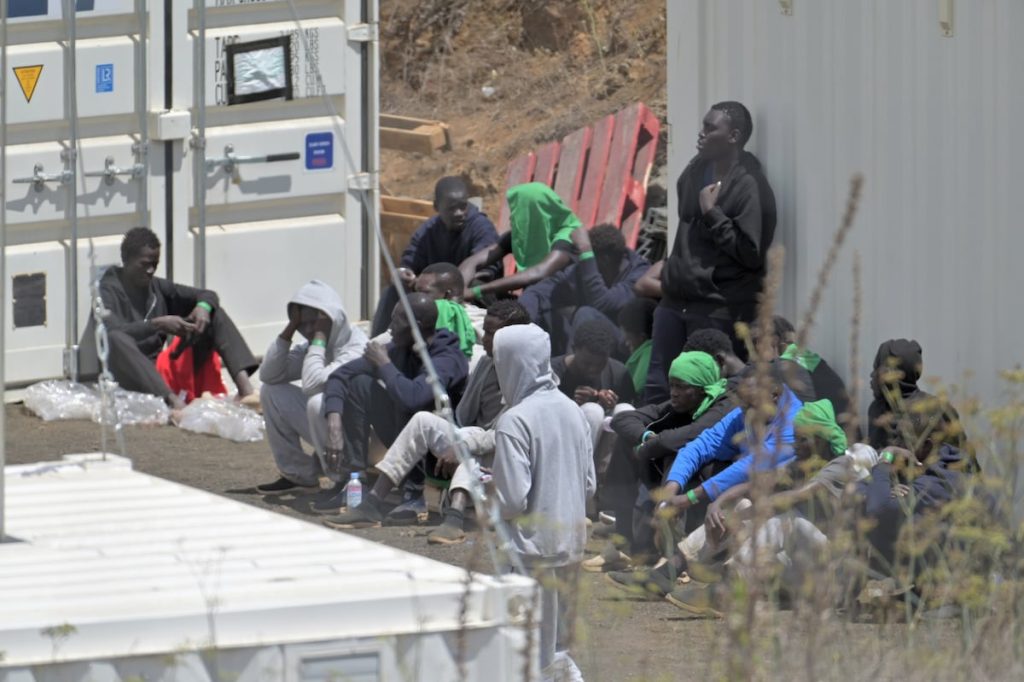In the midst of the migration debate between the Government and the Popular Party, the focus has shifted to the number of irregular migrants being expelled from Spain. According to Eurostat, Spain has expelled 2,515 irregular migrants in the first quarter of the year, ranking fifth among EU countries in terms of the highest number of expulsions. This marks the highest number of expulsions since the same period last year. The increase in irregular migrant arrivals in the Canary Islands this summer has brought the issue to the forefront, leading to a clash between the Government and the main opposition party with accusations flying back and forth.
The President of the Government, Pedro Sánchez, embarked on a tour of Mauritania, Gambia, and Senegal – key countries in the migration route to Spain – in an attempt to curb the departure of boats towards Spanish coasts. The Popular Party criticized this move as “false humanitarianism” and accused the Government of promoting irregular migration and enriching human trafficking mafias. The debate escalated when the PP spokesperson in Congress, Miguel Tellado, brought up the issue of “mass deportations” of migrants already in Spanish territory. Despite criticisms of the harsh statements, other party members sought to clarify that these policies were in line with European practices of deportation and expulsion.
Spain leads the Mediterranean countries in expelling irregular migrants from Africa, with a total of 2,515 expulsions recorded earlier this year, much higher than Italy and Greece. The majority of these expulsions were “forced”, with only a portion of individuals voluntarily returning to their countries through specific programs. However, information regarding unaccompanied minors has not been provided to Brussels, causing a rift between the Government and the PP on this issue. The PP continued to accuse Sánchez of inaction, along with the Minister of Foreign Affairs and the European Union, suggesting a lack of coordinated efforts to address the migration crisis.
In response to accusations from the PP regarding the Government’s facilitation of mafia operations and migration towards Spain, Sánchez defended his approach by emphasizing the importance of regular migration in combating irregular practices. During his visit to Mauritania and Gambia, he highlighted the need for migrant returns while proposing programs for “circular migration” through work contracts to promote regular migration. However, the concept of “circular migration” has faced criticism from government partners, who see it as a cover for exploitation and suffering, emphasizing the need for a comprehensive State approach to migration issues.
Furthermore, in the first quarter of the year, Spain issued 1,505 expulsion orders, ranking thirteenth among the EU countries. This marks a significant decrease compared to the same period in 2023. Overall, in 2023, there were 10,645 expulsion orders issued, while in 2022, the number was 10,920. The evolving dynamics of migration policy in Spain underscore the complexity of addressing irregular migration while navigating political tensions and international obligations. The ongoing debate highlights the need for comprehensive and sustainable solutions to manage migration flows effectively.















